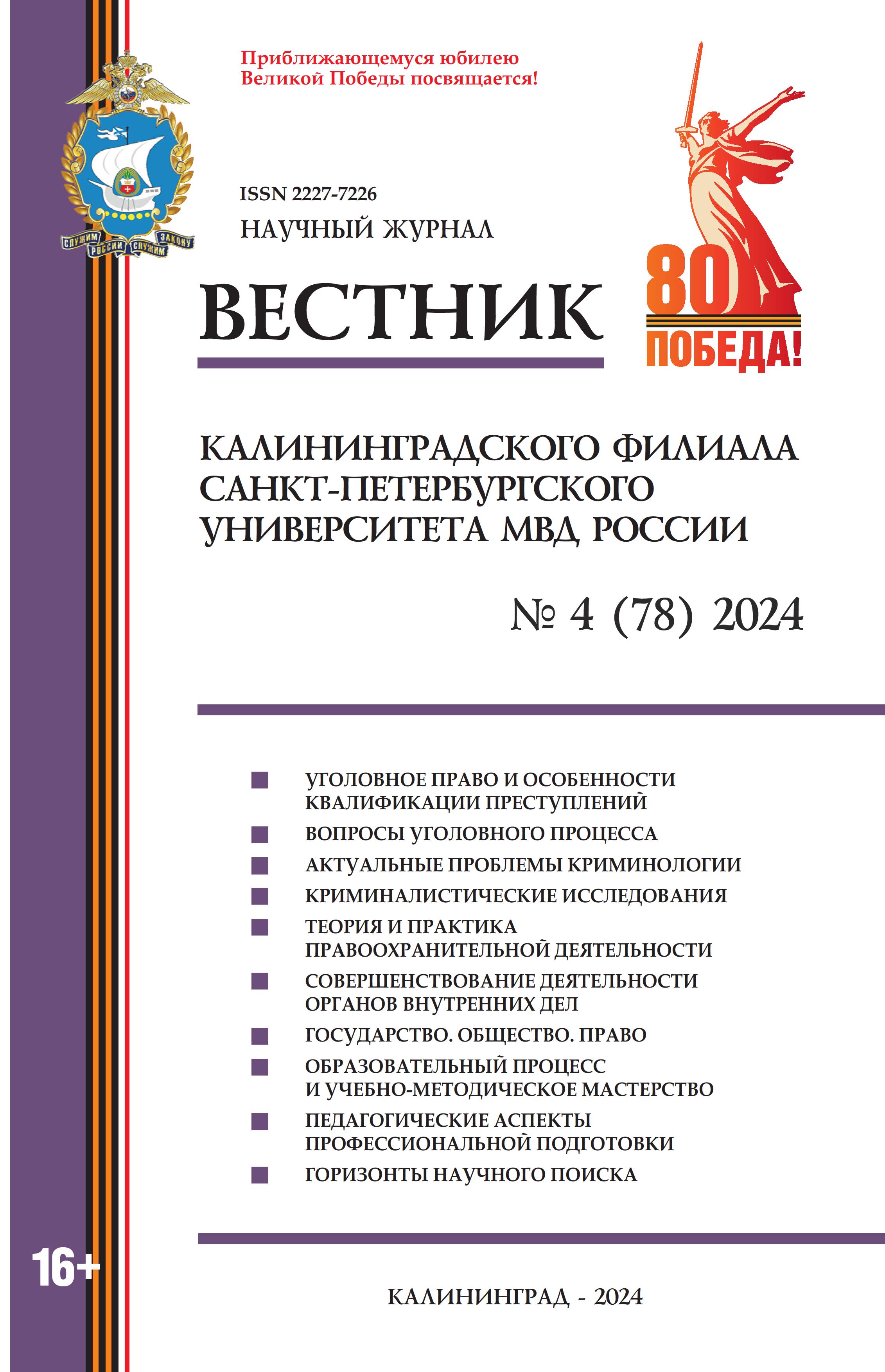Introduction. The article presents the results of the criminal-legal analysis of the legislation of the French Republic, providing for liability for extortion, blackmail and related crimes. Particular attention is paid to the methods of committing these crimes in cases of using artificial intelligence technologies, ransomware and deepfakes. The purpose of the study was to formulate conclusions on the advisability of introducing the positive experience of French criminal legislation in Russia. The author believes it is necessary to continue research in this area, since the achievements of the French legal system in qualifying such acts as extortion and blackmail meet modern challenges associated with combating crime. Methods. The study used methods of analysis and synthesis, the general scientific dialectical method of cognition of reality, comparative legal, formal legal and logical methods. Results. The mechanism of extortion has recently undergone significant changes. With the development of artificial intelligence technologies, computerization and digitalization of almost all spheres of public life, the methods of committing illegal acts of this type have evolved, which requires a prompt response from the legislator in order to ensure the protection of the rights and freedoms of citizens. The approach of the criminal legislation of the French Republic to solving the problems of qualifying extortion and blackmail committed using artificial intelligence technology, according to the author of the article, meets the modern needs of combating crime.
Extortion, blackmail, artificial intelligence, deepfake, sextortion, aggravating circumstances, French criminal law.







